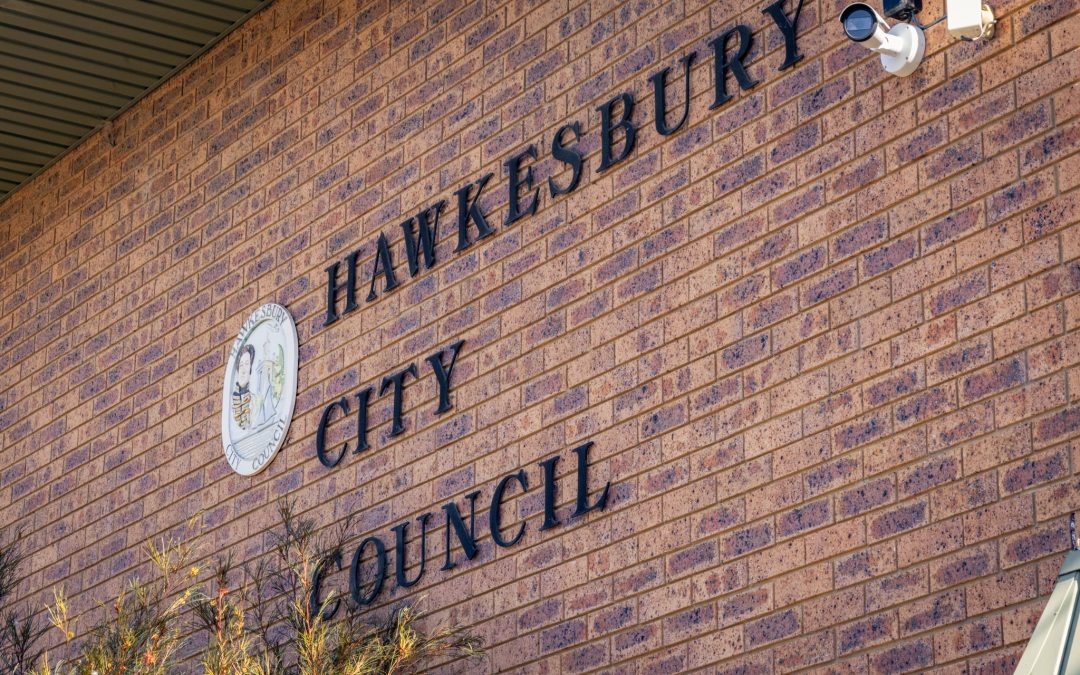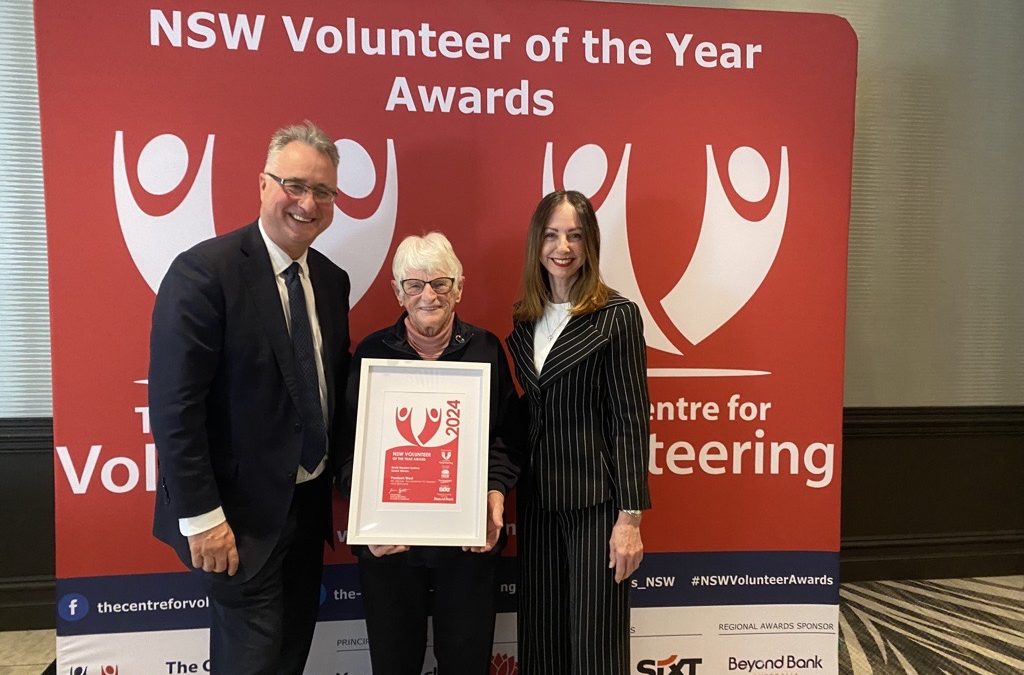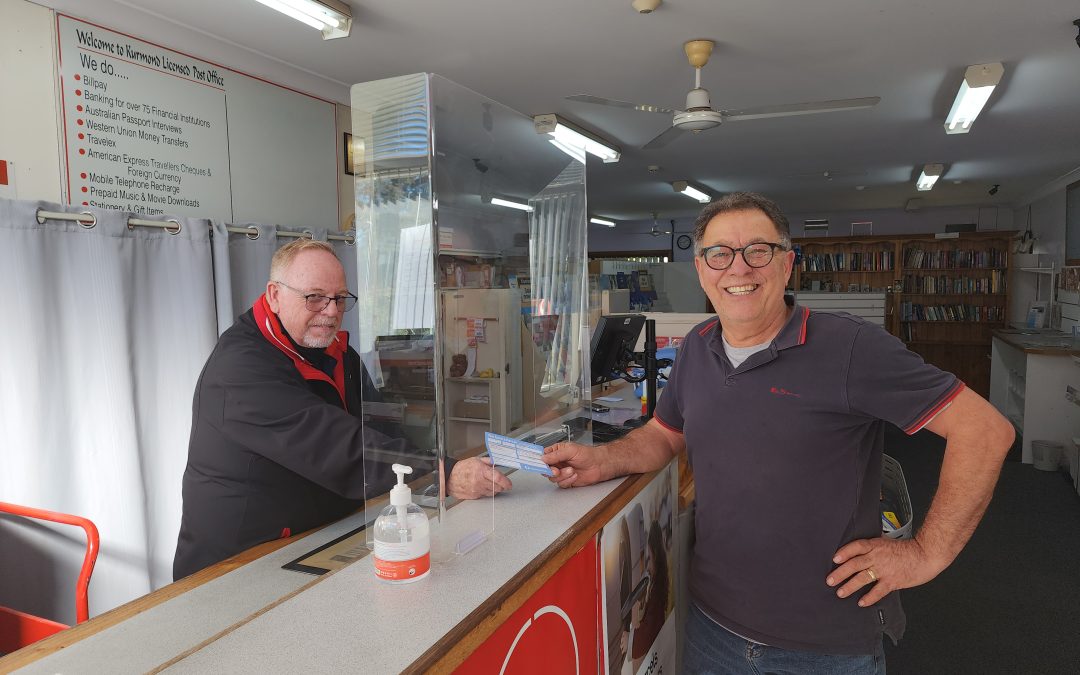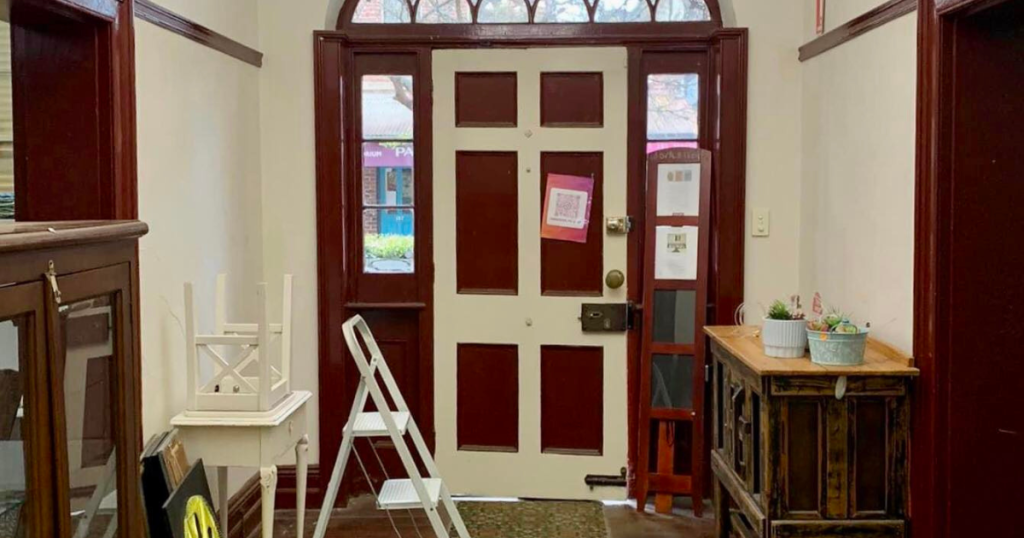Hawkesbury Post contacted all...


Hawkesbury Post contacted all...

In a heartwarming recognition of community...

After more than two decades of dedicated service, the...
Roz Chia Davies
Liz Germani and her Hawkesbury Remakery community are packing up their beloved headquarters at Windsor’s historic 1834 mansion, Loder House, this week.
The privately-owned building must be vacated by this weekend, and the Remakery’s diverse herd of crafters, artists, volunteers and regular visitors are searching for the perfect accessible site to permanently call home. Without retail premises from which to sell its unique wares and host its activities, the revenue which funds the organisation’s community and environmental aims will cease to flow.
When founders Liz Germani and Sharon Grech partnered up in 2018 to develop their vision, it was the perfect imagining of sustainable business with a uniquely fine arts flavour. That magical formula continued to attract thousands of visitors a year until the Remakery’s doors closed on Sunday. Just as the Remakery has seen lifelong friendships form within its walls, the original idea for the Remakery, says Liz, was also sparked by friendship.
“I had a visual arts background, and Sharon had a community sustainability interest,” says Liz. “We met via Boomerang Bags, and we were creating together in a maker’s space which was vintage to modern.”

Liz says that when the owner of the space described the difficulties in running a shop and sourcing goods to upcycle, she and Sharon experienced a shared spark of inspiration which ultimately led to their thrilling opening at Loder House.
It wasn’t until bushfire, flood and pandemic hit the Hawkesbury that the Remakery realised the full potential of its social impact, bringing people together in outreach programs which are still mending hearts, stitch by stitch, across the region.
Liz says that despite the existence of multiple remakeries across the world, the Hawkesbury Remakery distinguishes itself from the rest.
“Most remakeries are about repair and re-use,” explains Liz. “Because of my background in art and mentoring, the Hawkesbury Remakery model is about being able to have another place for the everyday maker to continue their journey. My concept was to take the sustainability side of things and add fine art. It wasn’t just about making bottle top pictures, gluing them together and throwing it in the trash. The idea was that you make artworks which are valuable into the future. The upcycling was our difference, and it’s a difference that distinguishes us from any remakery that I’ve seen. The Hawkesbury Remakery takes things to a higher form of art.”
Council-owned premises from which organisations like the Hawkesbury Remakery can sustainably operate are now scarce, leaving for-purpose groups at the mercy of private owners who are unlikely to prioritise the social aims of prospective tenants above profit.
Councillor Danielle Wheeler commented yesterday upon her motion some time ago to investigate the purchase of Loder House.
She says, “I’m really sorry that the previous Council did not consider my motion… it would have made an enormous difference to the revitalisation of Windsor and returned this amazing space to public hands. The Remakery has been an extraordinary drawcard; unique, handcrafted and ethical items, with a focus on accessible pricing and sustainable reuse, keeping stuff out of landfill. It’s been a joy-filled and welcoming space for artists, craftspeople, tourists and anyone wanting a connection with community. It’s so much more than a ‘shop’. It’s unique places like the Remakery and By A Farmer’s Daughter that set Windsor apart and keep people coming back.”

Importantly, the Remakery retains its sustainably-procured materials within the Hawkesbury region, adding value and then generating local business activity from that in-house, zero-carbon value adding process. Liz says that this feature of Hawkesbury Remakery’s model stands in stark contrast to comparable services who collect donations, decentralise and redistribute, with no guarantee that donations made by Hawkesbury locals will remain within the region for the benefit of locals. Moreover, she stresses the key role the Remakery plays in generating a circular economy, and the importance of defining and demonstrating, via tourism and exhibition, the unique character of Hawkesbury creative arts.
“Without that,” explains Liz, “Hawkesbury makers are not represented in the tourism economy. Where is the hub that represents what is truly local to the Hawkesbury? It’s art, culture, food and
business entrepreneurialism. We need to centre on what the community wants, and what they have built by engaging with the Remakery. If you’ve ever donated materials or time, or bought a unique handmade gift, then you are a part of the Remakery, and we invite you to contribute to its future.”
